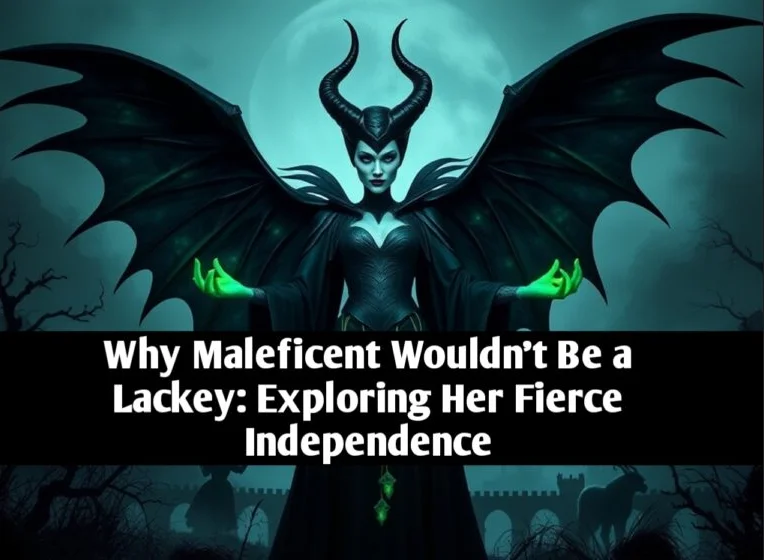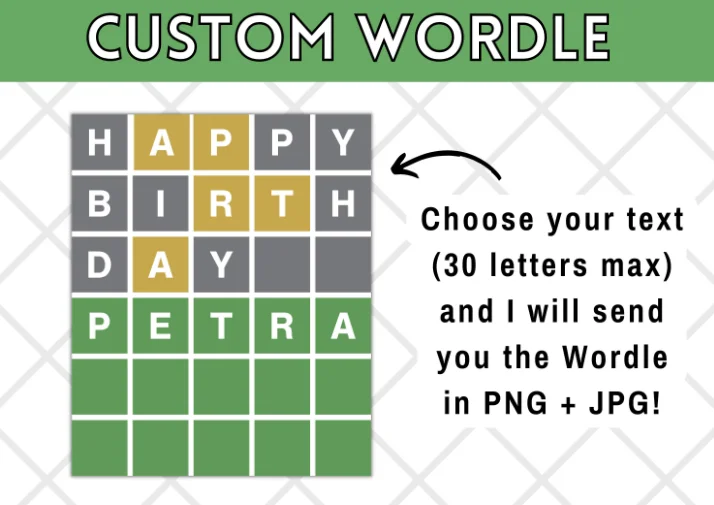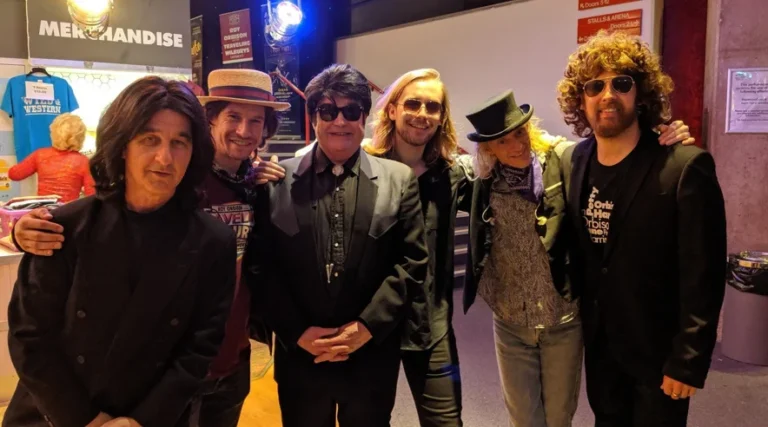In the Beginning Was the Word: Inspiring Transformation and Hope
In the beginning was the Word, a phrase that sparks curiosity and imagination. Think back to a moment when everything was empty and waiting for something amazing to happen. It’s difficult to imagine, isn’t it? This idea challenges us to reflect about the power of words—how they can create worlds, influence thoughts, and even link us to one another. Like a magic spell, the proper words may challenge, uplift, and inspire us.
Examining this term takes us right to the core of narratives, ideologies, and communication. It serves as a reminder that language had the capacity to give thoughts and fantasies life before anything else did. Let’s set out on this adventure to see how words have impacted our past, formed our present, and will continue to create our future!
In the Beginning Was the Word: Exploring the Power of Language
The Origin of the Phrase
One of the most potent passages in the New Testament’s Gospel of John is “In the beginning was the Word.” This sentence lays out the fundamental part that language and communication played in the universe’s genesis. It implies that words have a special power and serve as the fundamental building blocks of existence and life. This concept is inclusive of all religions and encourages people to consider the importance of language.
The statement suggests that there was an idea of a “Word”—a source of intention and meaning—before anything physical existed. This idea makes us think about how language shapes our feelings and thoughts, which in turn affects reality. It challenges us to consider how our own expressions can create, destroy, or modify our surroundings by highlighting the significance of words.
Furthermore, the phrase has historically sparked a great deal of debate and interpretation. Its implications have been investigated by academics, theologians, and philosophers who have looked at how language acts as a conduit between the divine and the human. We can learn more about humanity’s continuous search for the meaning of existence by looking into this term.
Language as a Creative Force
The phrase “In the beginning was the Word” emphasizes how language has the ability to change. Words are creative instruments in addition to being tools for communication. Language has the power to arouse feelings, suggest pictures, and motivate action in everything from contemporary narrative to old-fashioned mythology. We are able to communicate our experiences and influence the world around us because of this creative drive.
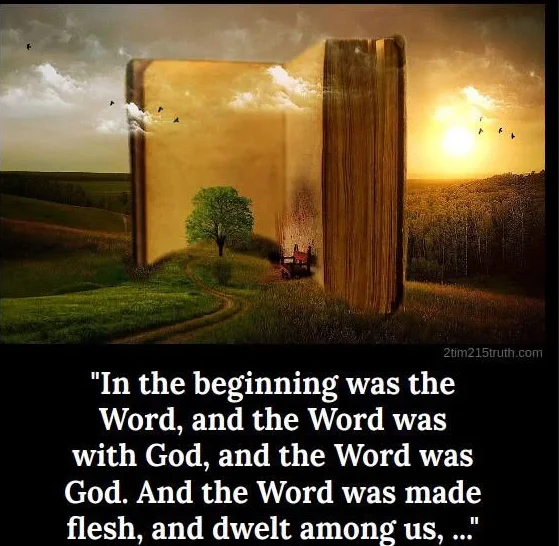
We perform acts of creation when we talk or write. We are able to communicate our ideas, feelings, and thoughts because every word has meaning and purpose. Our narratives and the lessons we impart have the power to impact others and bring about change. Through writing, public speaking, or casual conversation, our words can have an impact that goes well beyond the immediate situation.
Furthermore, language has the creative capacity to express itself in a variety of ways. Poems, composers, and artists all rely on the ability of language to evoke deeper meanings. Artists employ language as a tool to connect with audiences, challenge preconceptions, and spark thought. This connection shows how the phrase “in the beginning was the Word” refers to both the beginning of existence and the continuous creative process of humanity.
The Role of Words in Human Connection
The idea that “in the beginning was the Word” emphasizes how important language is to establishing human connection. Relationships are built on communication, which allows us to exchange thoughts, feelings, and experiences. We foster empathy and understanding by fostering communication between individuals and communities.
Words give us the ability to communicate our thoughts, wants, and feelings. They can pull people together at happy occasions, cheer up a pal in need, or inspire a team to success.
The capacity to speak effectively increases our connections and enriches our life. In this sense, the phrase reminds us that language is essential for cultivating meaningful relationships.
Language also facilitates inclusivity and helps us negotiate cultural differences. By learning new languages or adopting varied dialects, we open ourselves to new viewpoints and experiences. This linguistic interchange builds respect and appreciation for diverse cultures, reminding us that while our words may vary, our shared humanity links us together.
The Impact of Words on Society
In the beginning was the Word also demonstrates how language shapes societies. Throughout history, powerful speeches and written works have galvanized movements, inspired revolutions, and altered the course of nations. The words of leaders, poets, and activists resonate across generations, demonstrating the profound influence of language on collective consciousness.
Think of the speeches that have impacted history, such as Nelson Mandela’s inaugural speech, Martin Luther King Jr.’s “I Have a Dream,” or even just inspirational sayings from everyday life.
The idea that in the beginning was the Word is not just a philosophical concept; it is a call to acknowledge the responsibility that comes with using language. Additionally, language evolution reflects societal changes.
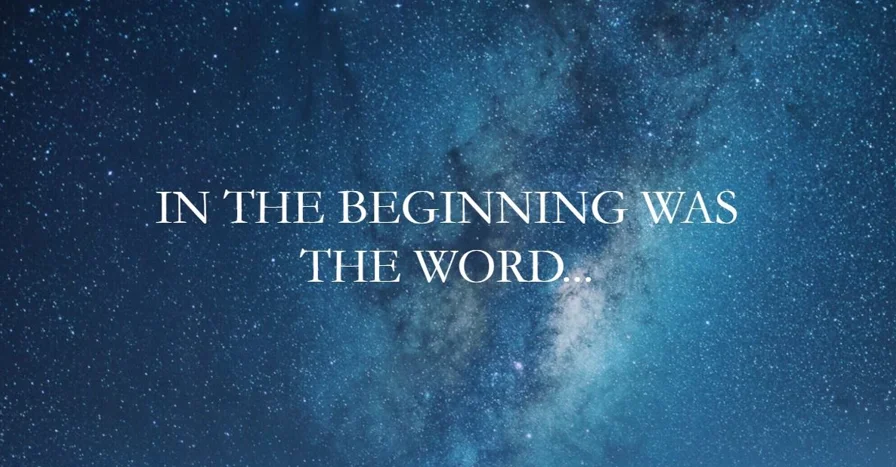
As communities grow and transform, so does their language; new terms emerge, and meanings shift, reflecting cultural trends and values. This dynamic nature of language underscores its role as a living entity that evolves alongside humanity, shaping and being shaped by our experiences. These words carry the weight of their context and continue to inspire action and reflection.
Embracing the Power of Words Today
The Word exhorts us to accept language’s power in our day-to-day existence in the beginning. Words have the power to communicate with a larger audience than ever in this era of digital communication. People can express their voices and thoughts globally through social media, blogs, and podcasts. This democratization of communication brings both benefits and challenges.
It’s critical to understand that this power entails responsibility. Every phrase we pick can effect someone’s life, whether favorably or badly. Being aware of the words we use can help us promote compassion, understanding, and constructive change. The saying reminds us that the things we say can either strengthen or weaken, unite or divide.
Ultimately, interacting with language’s richness improves our capacity for genuine self-expression. Exploring literature, poetry, and diverse voices broadens our horizons and enriches our understanding of the human experience. As we reflect on the significance of in the beginning was the Word, we are inspired to wield our words thoughtfully and creatively, honoring the transformative power they possess.





